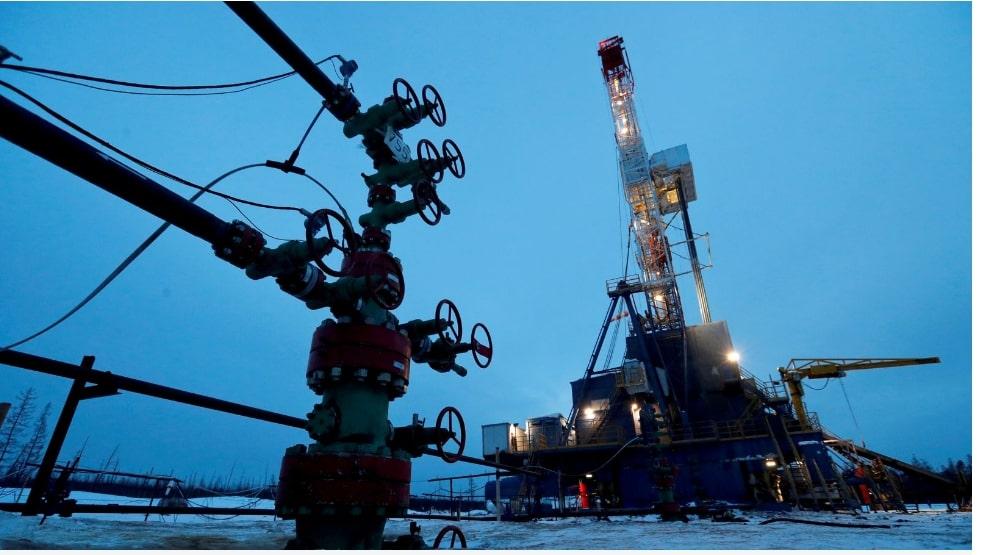
Oil prices rise after major producers vow to cut production
The cuts have a number of consequences – as well as higher fuel prices, there is concern about the effect on inflation and wider concerns about those who will benefit, especially the Russian president.
After Saudi Arabia and other major producers pledged to reduce production, oil prices have increased by more than 5%.
After it was announced that production would be reduced by 1.15 million barrels per day from May until the end of the year, Brent crude, the international benchmark for oil, was up 5.5 percent by 9 a.m. on Monday to $84.28 per barrel.
Although it will take some time for the resulting price increases to reach forecourts, they will eventually add to the difficulties that many people in the UK are having during the cost of living crisis.
Central banks’ efforts to curb inflation will be further hampered by rising oil prices.
There are additionally worries that higher oil costs will support Vladimir Putin’s reserve as the Ukraine war proceeds.
Various nations have eliminated the energy they import from Russia since it attacked Ukraine at the same time, as per the Global Energy Office (IEA), Russia is as yet trading oil, predominantly to China and India.
ACY Securities chief economist Clifford Bennett stated in a report: Both political waves in Europe and even higher general inflation in the United States will result from this, increasing the Federal Reserve’s need to keep raising interest rates aggressively.
According to Clearview Energy Partners LLC managing director Kevin Book, the cuts may not take effect for up to a year.
Advertisement: “It’s a big deal… you could have a very significant price response” Despite the fact that the production cut only affects a small portion of the world’s daily usage, he added, the impact on prices could be significant.
He stated, “It’s a big deal because of the way the oil prices work.”
“You are in a market that is generally adjusted.
“You could have a very significant price response if you take away even a small amount, depending on what demand does.”
Hargreaves Lansdown’s lead equity analyst, Sophie Lund-Yates, stated: The development is bad news for inflation because expectations of a fall in inflation were partly based on how the price of oil would move.
“Markets are aware that central banks will need to extend or strengthen their interest-rate hiking cycles if the pressure continues, and expectations of this will need to be repricing,”
“Stabilizing the oil market”: The Saudi Energy Ministry has stated that its reductions are a “precautionary measure” with the intention of stabilizing the oil market.
Iraq, the United Arab Emirates, Kuwait, Kazakhstan, Algeria, and Oman also announced cuts.
Russia’s delegate state leader Alexander Novak said his nation would expand a deliberate cut of 500,000 barrels for the rest of the year, broadening a decrease declared in February.
The countries are all a part of the OPEC+ group, which also includes Russia and other organizations like OPEC (Organisation of the Petroleum Exporting Countries).
OPEC has not provided any feedback.

